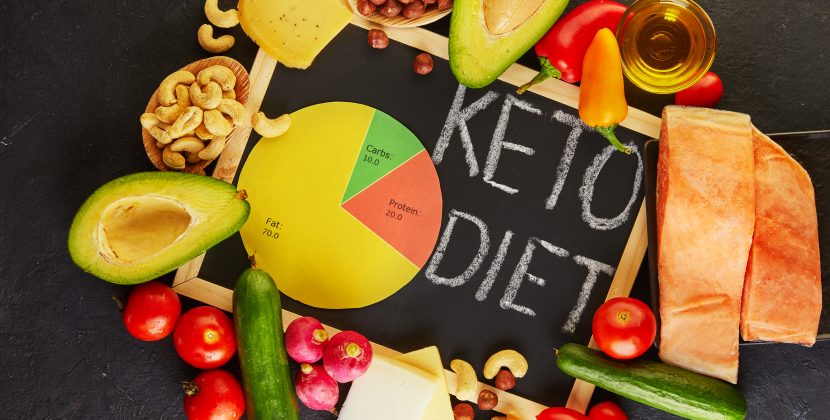
The High-Performance Male Lifestyle: Daily Habits That Fuel Testosterone, Focus and Sexual Vitality
We often think of hormones, sex drive and energy as medical issues — but most of what fuels (or kills) your male vitality happens in your daily routine.
Andrology doesn’t begin in the lab — it begins in the way you wake up, work, eat, move, and go to sleep.
Your lifestyle is your environment, and your environment is constantly signaling your body to either optimize or suppress male functions like testosterone production, sperm health, erection quality and mental resilience.
Let’s break down what a high-performance lifestyle looks like for the modern man — from biology to behavior.
Your Morning: The Hormonal Reset Zone
How you start your day sets the tone for your hormonal system. Testosterone peaks in the early morning — but bad habits can mute this natural rhythm.
Lifestyle upgrades:
- Expose yourself to natural sunlight within 30 minutes of waking: boosts cortisol rhythm (in a good way), anchors circadian rhythm, improves testosterone and dopamine.
- Hydrate before coffee: cortisol spikes with caffeine. Delay coffee 60–90 mins.
- Cold showers or contrast therapy: brief stressor → sharpens focus, supports testosterone, builds grit.
- No phone for 30 minutes: reclaim your focus and reduce reactive stress patterns.
These changes don’t take time — they take intention.
Movement Is Messaging: Train, Walk, Move Often
Sedentary living is an anti-male environment. The modern desk-bound lifestyle weakens core male systems: metabolic health, circulation, hormonal regulation, and libido.
Daily movement strategies:
- Lift heavy 2–4x per week: resistance training increases testosterone and growth hormone.
- Walk 8–10K steps/day: improves insulin sensitivity and blood flow.
- Move every 60 minutes: even 2–3 minutes of bodyweight movement counters sitting-induced stagnation.
Your body doesn’t know the difference between work and survival. Sitting all day = “no threat,” “no need for hormones.”
Digital Boundaries: Dopamine Discipline = Better Focus + Libido
Smartphones, overstimulation, and porn exposure drain dopamine and dysregulate arousal response — often before lunch.
Upgrade your dopamine hygiene:
- No social media before noon — avoid hijacking your motivation cycle.
- Keep phone out of the bedroom — improves sleep, connection, and morning performance.
- Reduce passive scrolling — create more than you consume.
This isn’t about quitting tech. It’s about using it — instead of being used by it.
Food, Fuel, and Libido
You are what your hormones can absorb.
A lifestyle that supports testosterone avoids blood sugar crashes, processed oils, and chronically high cortisol.
Eat like this:
- High-protein breakfast: eggs, nuts, avocado = stable energy.
- Fats from olive oil, ghee, fatty fish = support cholesterol (precursor to testosterone).
- Zinc, selenium, and magnesium from whole foods.
- Avoid ultra-processed foods, sugary snacks and alcohol during the work week.
Energy and libido aren’t random — they’re built on the plate.
Sleep Like a Warrior, Not a Casualty
Every hour of sleep is an hour of testosterone production. Men who sleep less than 6 hours have significantly lower T levels — and less sperm count, less focus, and lower emotional resilience.
Sleep hacks:
- Go to bed and wake up at consistent times (yes, even weekends).
- No screens 60 mins before bed (blue light = melatonin killer).
- Blackout curtains, cool room (18–20°C), magnesium before bed.
- No alcohol — it destroys REM sleep and testosterone output.
Sleep is not a soft skill. It’s your nightly anabolic recovery session.
Stress = Hormonal Taxation
Every chronic stressor (financial, emotional, environmental) raises cortisol. And cortisol is testosterone’s rival — when one goes up, the other goes down.
Regulate stress daily:
- Breathwork (box breathing, Wim Hof, slow exhales),
- Regular sex (supports oxytocin and dopamine),
- Connection with friends (social bonds = hormonal safety signals),
- Time in nature — even 20 minutes lowers cortisol markers measurably.
You can’t eliminate stress. But you can train your nervous system to respond, not react.
Final Thoughts: Lifestyle Is the New Male Hormone Therapy
You don’t need to inject testosterone to feel like a man again.
You need to build a life that produces it naturally.
Masculine vitality is a result of rhythm, movement, discipline, rest, clarity — not random hacks or supplements.
The male lifestyle is a system.
When you design it intentionally, you don’t just boost hormones — you become the kind of man who doesn’t burn out, break down, or fade out.








